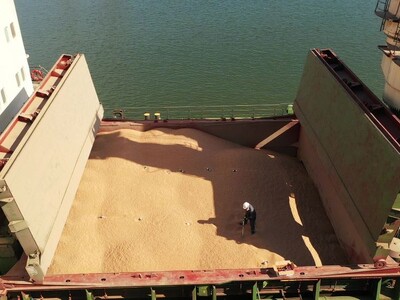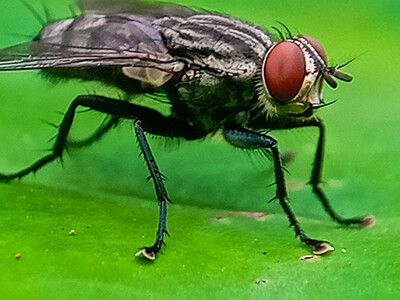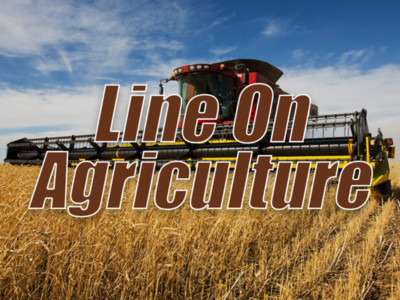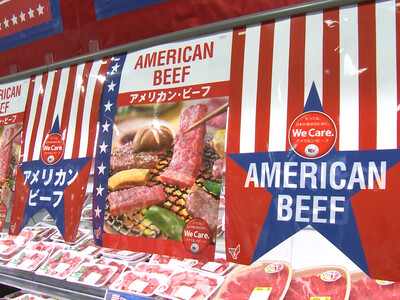Pesticide Permits
Pesticide Permits. I’m Greg Martin with today’s Line On Agriculture.
A recent court decision overturning an Environmental Protection Agency rule could mean mountains of new red tape for any farmer who uses pesticides.
PARRISH: This particular ruling says that sprayers and nozzles meet the technical definition of point source under the clean water act and that pesticides, if they get into water will need a permit.
American Farm Bureau Regulatory Specialist Don Parrish says that could mean that farmers would have to apply for a permit every time they sprayed a pesticide, which would mean millions of new permits for the EPA to process and monitor.
PARRISH: Farmers may have to justify pesticide applications on a case by case basis and give the public an opportunity to comment on whether or not they need to apply those pesticides. The insects aren’t going to wait for public comment. They’re going to eat the crop up and we’re going to suffer the consequences.
Parrish says the ruling could go into affect by the end of February and it could affect more than farmers.
PARRISH: The way this ruling is written you know we just had ice storms here in DC last week. The
Parrish explains the real impact of the ruling on the case of the National Cotton Council of America v. EPA.
PARRISH: So far EPA has not communicated to us what they think this means. The court has basically tied their hands in a number of ways. We’re looking for them to at least give us some indication how we’re going to produce a crop this year because the last thing we need is a lot of citizen litigation against individual farmers and that could happen under the application of this lawsuit for discharging pesticides in the way we’ve done for the last 36 years.
Parrish points out how a fast-moving plant disease like soybean rust won’t wait for permit requests.
PARRISH: Soybean rust, for instance, it could impact regions of the country and impact balance of trade in the world. I don’t know how we’re going to deal with something that needs “just in time” management with clean water act permits.
That’s today’s Line On Agriculture. I’m Greg Martin on the Northwest Ag Information Network.

















